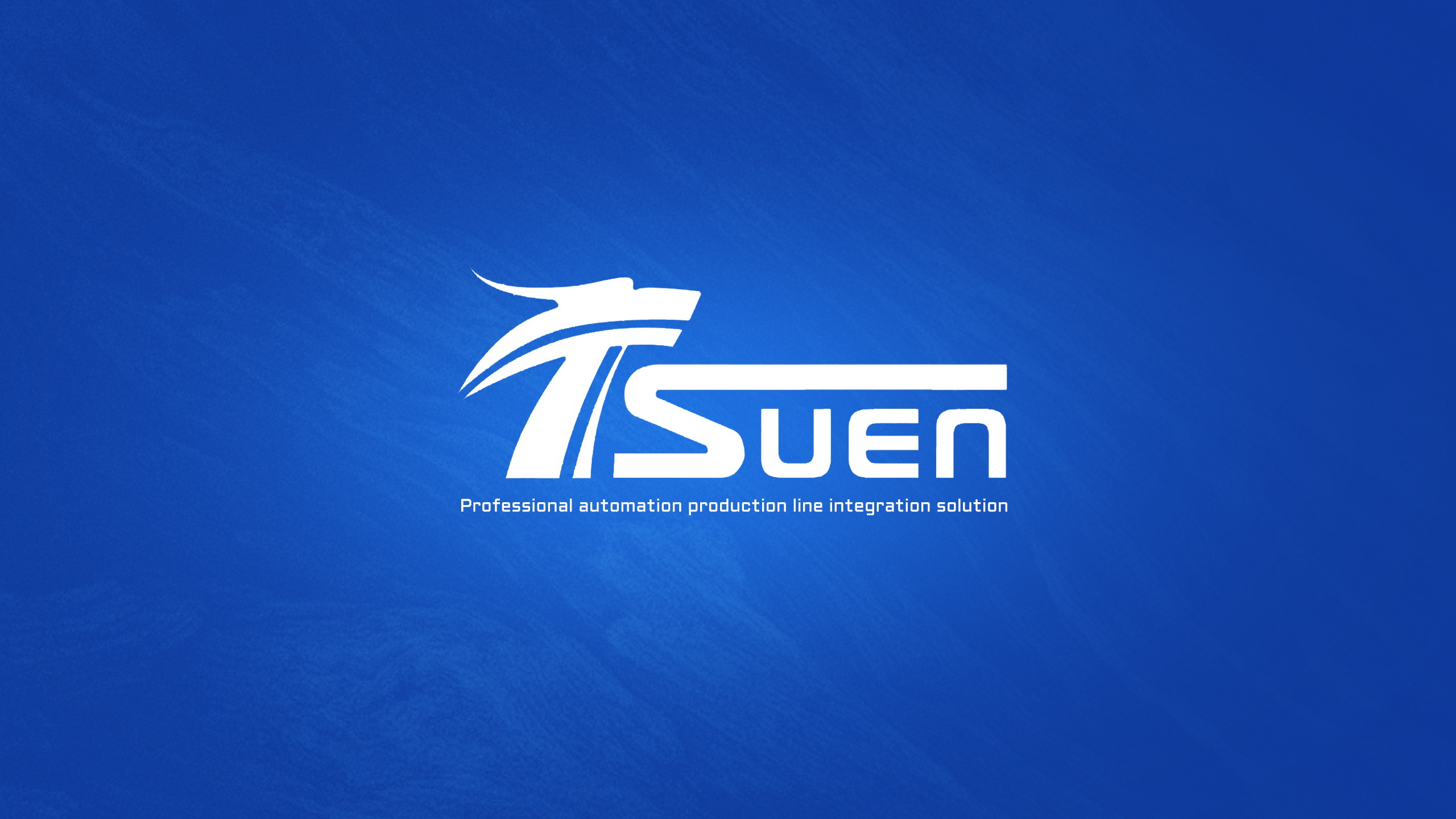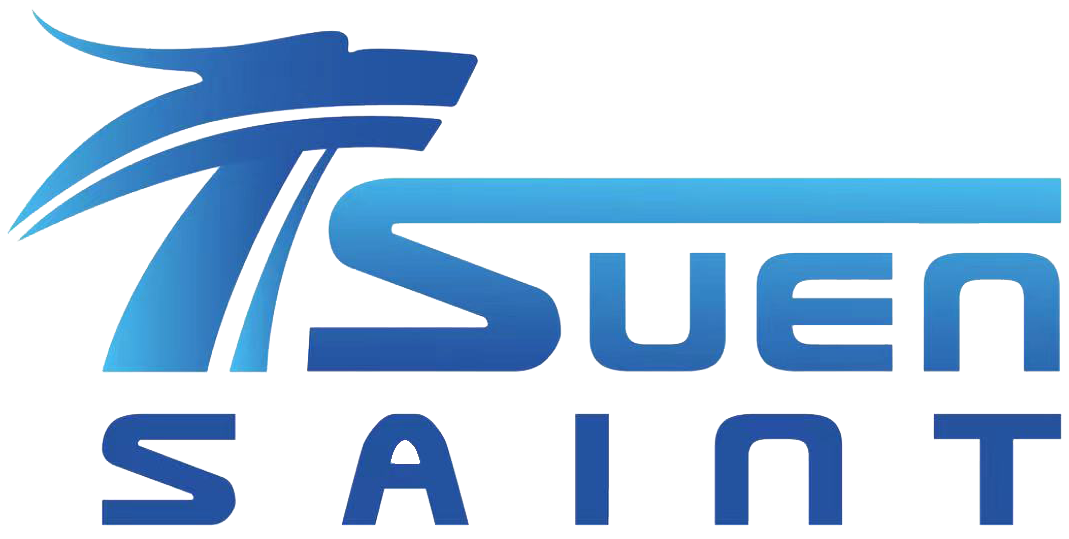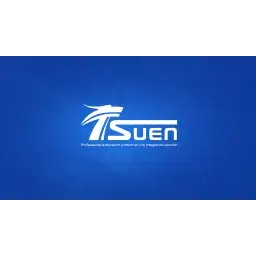Email format error
Email cannot be empty
Email already exists
6-20 characters(letters plus numbers only)
The password is inconsistent
Email format error
Email cannot be empty
Email does not exist
6-20 characters(letters plus numbers only)
The password is inconsistent


Understanding Injection Molding Machine Types and Cost Optimization Techniques
Introduction
Injection molding machines play a crucial role in modern manufacturing, facilitating the production of a wide range of plastic products used in various industries. Understanding the different types of injection molding machines available in the market and implementing cost optimization techniques are essential for businesses seeking efficiency and competitiveness in their operations. In this article, we will delve into the various types of injection molding machines, their functionalities, and how they influence pricing. Additionally, we will explore practical tips and strategies for businesses to optimize their injection molding processes and minimize associated costs.
Types of Injection Molding Machines
Injection molding machines come in different types, each with its own unique characteristics and functionalities. The three main types of injection molding machines are hydraulic, electric, and hybrid machines.
Hydraulic Injection Molding Machines
Hydraulic injection molding machines have been the traditional choice for many years, utilizing hydraulic systems to power the machine's movements and apply pressure to the mold. These machines are known for their high power and pressure capabilities, making them suitable for handling large molds and high-volume production. However, they tend to be less energy-efficient compared to other types and require more maintenance due to the complexity of hydraulic systems.
Electric Injection Molding Machines
Electric injection molding machines have gained popularity in recent years due to their precision, energy efficiency, and environmental friendliness. Instead of hydraulic systems, these machines utilize electric servo motors to drive the various movements of the machine, offering precise control over the molding process. Electric machines are particularly well-suited for applications requiring high precision and repeatability, such as medical device manufacturing and electronics production. While they may have higher upfront costs compared to hydraulic machines, their lower energy consumption and reduced maintenance requirements can result in long-term cost savings.
Hybrid Injection Molding Machines
Hybrid injection molding machines combine the best features of hydraulic and electric machines, offering a balance between power and precision. These machines typically feature hydraulic systems for the clamping unit and electric servo motors for the injection unit, providing both the power needed for mold clamping and the precision required for plastic injection. Hybrid machines offer versatility and efficiency, making them suitable for a wide range of applications. While they may have higher upfront costs compared to traditional hydraulic machines, their improved energy efficiency and performance can result in significant cost savings over time.
Impact on Pricing
The type of injection molding machine chosen for a particular application can have a significant impact on pricing. Hydraulic machines, with their robust power capabilities, are generally more affordable upfront but may incur higher operating costs over time due to their lower energy efficiency and maintenance requirements. On the other hand, electric and hybrid machines may have higher initial costs but offer long-term savings through reduced energy consumption and maintenance costs. Additionally, factors such as machine size, tonnage, and features can also influence pricing.
Cost Optimization Techniques
Optimizing the injection molding process is essential for businesses looking to minimize costs and improve efficiency. Here are some practical tips and strategies for cost optimization:
Efficient Material Usage: Proper selection and management of raw materials can help minimize waste and reduce material costs. Using recycled or regrind materials where possible can also contribute to cost savings.
Optimized Machine Operation: Regular maintenance and calibration of injection molding machines are essential to ensuring optimal performance and efficiency. Proper setup and parameter adjustments can help minimize cycle times and maximize production output.
Streamlined Maintenance Processes: Implementing preventive maintenance schedules and conducting regular inspections can help identify and address potential issues before they escalate, reducing downtime and repair costs.
Investing in Energy-efficient Equipment: Upgrading to energy-efficient injection molding machines, such as electric or hybrid models, can result in significant long-term savings on energy bills. Additionally, implementing energy-saving practices, such as optimizing machine settings and utilizing efficient cooling systems, can further reduce energy consumption.
Implementing Lean Manufacturing Principles: Adopting lean manufacturing principles, such as just-in-time production and continuous improvement, can help streamline processes, eliminate waste, and improve overall efficiency, leading to cost savings.
Training Employees for Optimal Performance: Providing comprehensive training to operators and technicians on machine operation, maintenance procedures, and safety protocols can help ensure smooth and efficient operation, reducing the likelihood of errors and downtime.
Conclusion
In conclusion, understanding the different types of injection molding machines available on the market and implementing cost optimization techniques are essential for businesses seeking to improve efficiency and competitiveness in their operations. Whether choosing between hydraulic, electric, or hybrid machines or implementing strategies to minimize material waste and maximize energy efficiency, businesses can achieve significant cost savings and enhance their bottom line. By staying informed about the latest advancements in injection molding technology and continuously seeking opportunities for improvement, businesses can stay ahead in today's competitive manufacturing landscape.

